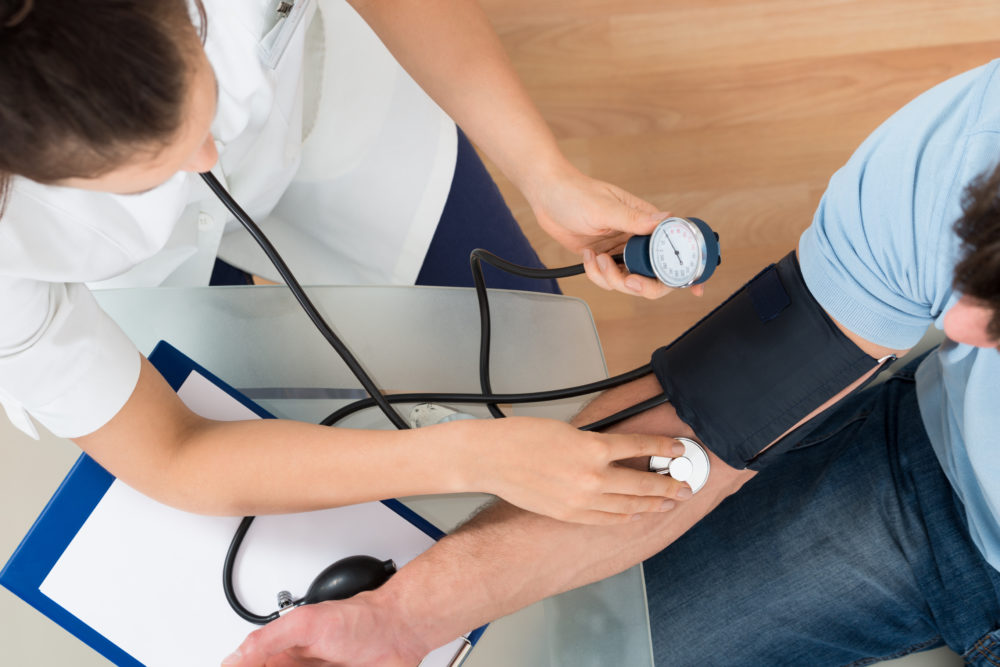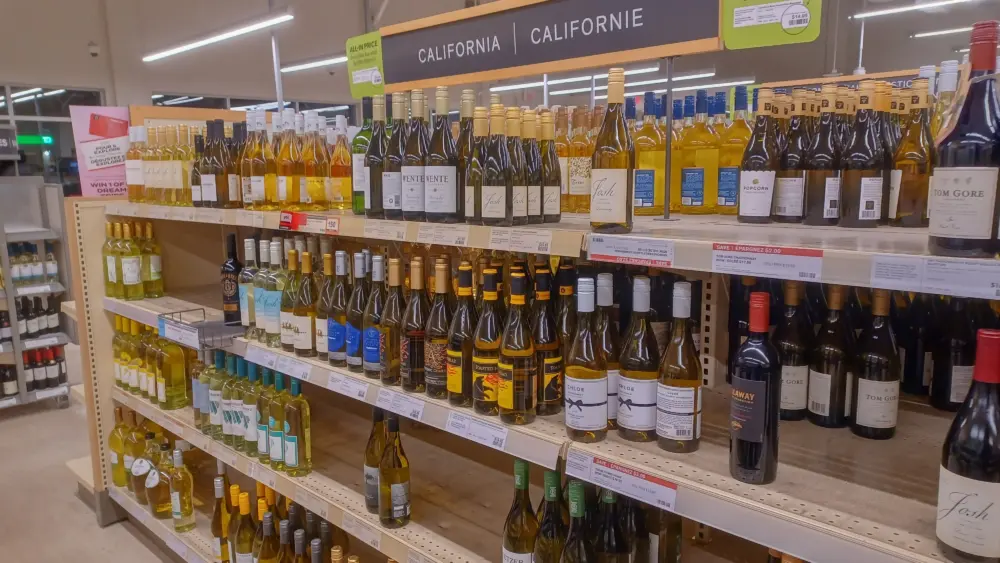
During health checkups, I usually begin by asking my patients how the pandemic is affecting them. As an internist, my patients tend to be older, mostly ranging in age from their mid-40s to 90s, and living with chronic medical conditions that are managed with medications. The responses I get can be categorized in two different ways.
The first group tends to talk about the precautions they’re taking to mitigate the virus, and how they have a bubble of friends they’ve been spending their time with. Many haven’t seen their older parents for fear of transmitting the virus or becoming exposed themselves, especially if they live in a care home. The second group tells me they are tired of living in a constant state of vigilance and caution. They are going to bars and dining in restaurants and refusing to wear masks. They view our attempt to follow the science as contributing to the hysteria caused by the media. I had a son of a patient who died from COVID-19, demand that I not list it as his cause of death. He thought by doing so, it would only increase the hysteria.
At first it was a matter of survival and we all complied, but now the many restrictions are affecting our ability to function, and our patience is waning. No matter which group you might identify with, most everyone is experiencing some degree of stress, anxiety, fear, sadness and loneliness. More recently, I’m finding that people are easily angered these days. The anxiety of not knowing what the future holds drives intolerance.
The underlying emotions
Many patients feel that being demanding is justified because they’re advocating for themselves or their loved ones. When I ask about their emotional health, many feel the need to qualify their emotions. They confide the stressors in their life as an explanation for how they are feeling, and believe everything will be better once the stressors resolve. Unfortunately, they don’t always fully understand the impact these stressors have on their health today, and the lifestyle choices they make to cope.
If you find yourself reaching for comfort foods that are high in carbohydrates, for example, or choose desserts and indulge more frequently, chances are you’ve gained weight. And if you can’t go to the gym to work off our extra pounds, or have abandoned your morning walk or run, then the problem escalates. When we do muster up the motivation to exercise, the poor air quality and the high temperatures makes it that much harder.
I encourage my patients not to focus on weight, but instead, consider what’s causing them to gain weight. Be aware of the circumstances making you uncomfortable. Be aware of how you may be mitigating uncomforted emotions. Are you turning to food, alcohol, medications, marijuana, or tobacco for comfort? Are you binging on television shows? Maybe you’re doing a lot of online shopping?
Coping strategies
Take a moment and consider how you’re coping. What is helping you get through these times of uncertainty? In recent months have you thrown yourself into politics and challenged the way people think? Are you frustrated when watching political shows and ads on television? Does it literally raise your blood pressure? When it’s obvious that the party across the aisle is clearly wrong how powerless does that make us feel? Are you attacking friends and family when their political beliefs don’t align with yours? Are you losing family and friends over political views? Make a conscious decision not to react in anger when someone’s view is different from yours. Limit the amount of television you watch and the articles on politics you read. Find a way not to be outraged by the latest news cycle and instead build tolerance, especially when you are 100 percent certain the other side is wrong.
Prepare for the second half
For most of us, the fires, the heat, and the poor air quality in the past several months seems have eroded our reserve to fight the second half of the pandemic. Embrace behaviors that foster resilience. To build back your reserve, focus on your emotional well-being, do what you must to make positive lifestyle choices and your physical health will benefit immensely. Find an activity that gives you satisfaction, create something that expresses your positivity, find a way to correct a regret in your life, and be sure to reach out to an old friend or relative who is confined and would enjoy a phone call. There are so many ways to be kind to yourself and others, and everyone will benefit in the long term.
Author
-

Rajina Ranadive, M.D., is a board certified internal medicine physician with the St. Joseph’s Medical Group. She is also the medical director of the Petaluma Post-Acute Rehab. She can be reached at (707) 763-0802.
View all posts



